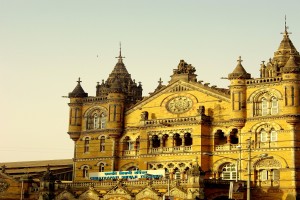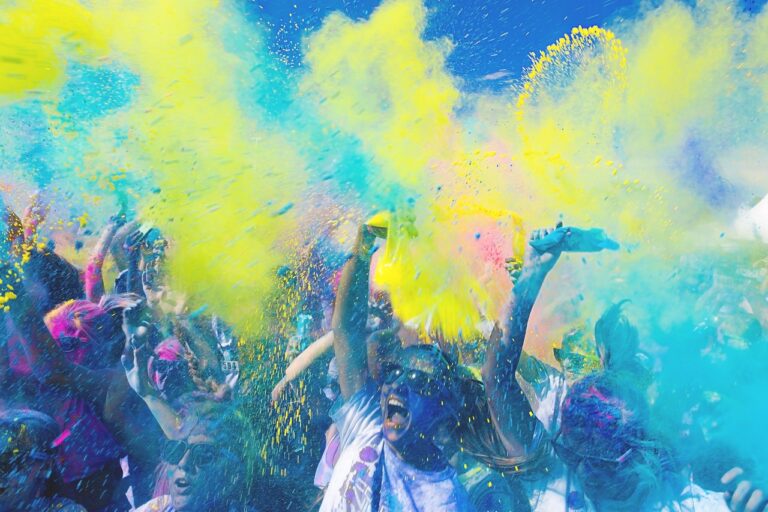
With increasing recovery rate, people have developed a false notion of security from the virus, says Prime Minister
Mumbai/Jaipur/New Delhi: The Maharashtra government has issued a new set of Standard Operating Procedures (SOPs) for persons travelling to the state by air, trains or road with effect from November 25.
According to the latest order, domestic travellers whether by air or train coming from Delhi, Rajasthan, Gujarat and Goa to Maharashtra will require a Covid negative report.
While there are reports of reopening of schools of class 9 to 12 in Sangli, Satara and Washim districts, several major municipal corporations led by Mumbai civic body, Thane, Pune, Nashik and Nagpur have decided not to reopen schools in their respective areas in the wake of rise in Covid-19 cases.
Maharashtra CM Uddhav Thackeray today appealed to people to not crowd Chaityabhoomi in Mumbai on MahaparinirvanDiwas, the death anniversary of Dr.Balasaheb Ambedkar on December 6.
In Jaipur, Rajasthan Chief Minister Ashok Gehlot said that the COVID infection in the state was moving towards a dangerous situation. For the first time, the number of active cases of COVID 19 in the state has exceeded 24 thousand. More than 3,000 cases were being reported daily for the last three days. In Jaipur, the number of active patients reached above eight thousand whereas the number of active cases in Jodhpur was more than 5 thousand. COVID cases were also being reported in large number in Alwar, Bikaner, Ajmer and Kota districts also.With the death of 18 people on Monday, the death toll had increased to 2,181 in the state.
Meanwhile, in New Delhi, Prime Minister Narendra Modi today chaired a high level meeting with CMs to review status and preparedness of COVID-19 response and management , with special emphasis on eight high focus States. These States were Haryana, Delhi, Chhattisgarh, Kerala, Maharashtra, Rajasthan, Gujarat and West Bengal. The modalities of Covid-19 vaccine delivery, distribution and administration were also discussed during the meeting.
Process for establishing more than 160 new oxygen plants is underway
Prime Minister talked about the expansion of the testing and treatment network, and noted that special emphasis of the PM CARES fund had been to make available oxygen. He said that efforts were on to make medical colleges and district hospitals self-sufficient in terms of oxygen generation, and informed that the process for establishing more than 160 new oxygen plants was underway.
Stating that it was important to understand how the people had reacted to the pandemic, the Prime Minister noted that it could be broken down to four stages. The first was of fear, when people reacted in panic. The second stage saw cropping up of doubts about the virus, when several people tried to hide that they had been afflicted by it. The third stage was of acceptance, when people became more serious about the virus and displayed greater alertness. In the fourth stage, with increasing recovery rate, people had developed a false notion of security from the virus, thus leading to rise in instances of negligence.
Modi emphasised that it was of utmost importance to increase awareness about the seriousness of the virus in this fourth stage. He noted that the trend of increase in spread of the pandemic in countries where its impact was earlier lessening, was being seen in some States as well, which necessitates greater alacrity and caution by the administration.
Meanwhile, Union Home Minister Amit Shah yesterday inaugurated a mobile COVID-19 RT-PCR Lab at the Indian Council of Medical Research (ICMR) in New Delhi, jointly launched by Spice Health and the ICMR. The Union Health and Family Welfare Minister, Dr. Harsh Vardhan also participated in the inauguration function.
The testing lab and more such labs have been planned to be set up to help in adding more capacity to COVID-19 testing. The lab is accredited by NABL and approved by the ICMR. RT-PCR tests are most decisive and crucial for COVID-19 testing. These tests will cost Rs. 499 and the cost of testing will be borne by the ICMR. The people of Delhi will not have to bear any cost and the test report would be available within 6 to 8 hours from the time of sample collection compared to the average 24 to 48 hours taken by similar test reports.
– globalbihari bureau





